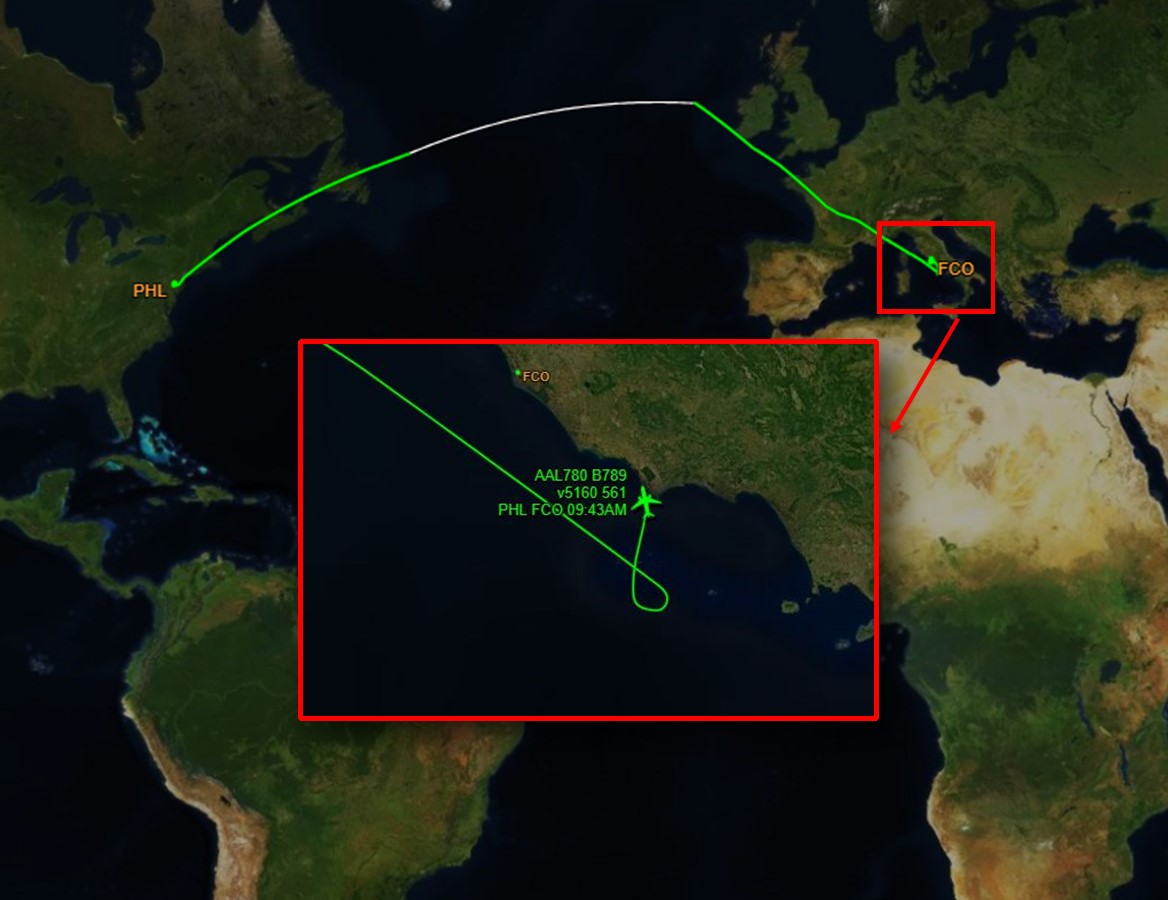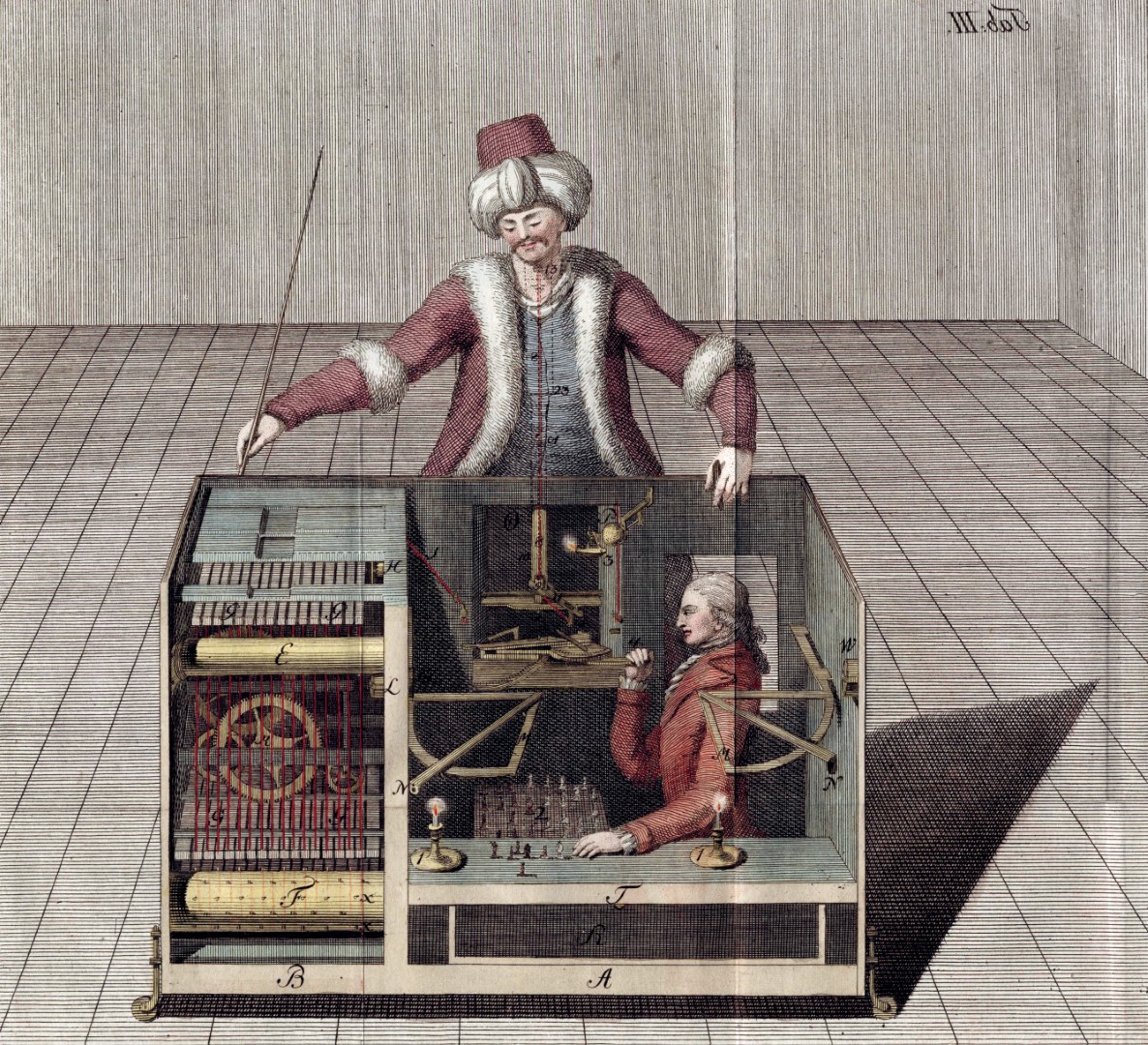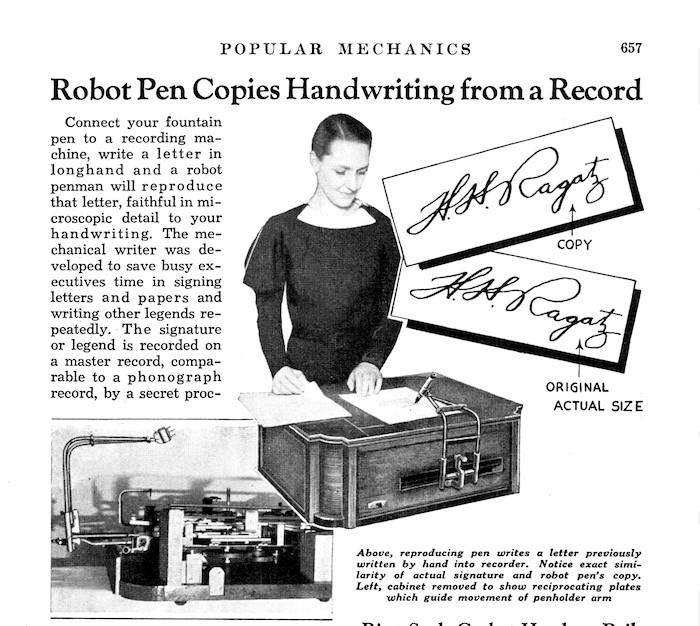« Profession, reporter » turns 50: Antonioni explores the dissolution of the ego and the illusion of freedom

More on the side, the film with Jack Nicholson also suggests a criticism of the dynamics of power
February 28, 1975: it comes out in Italian theaters, well in advance of the rest of the world, Profession: Reporter by Michelangelo Antonioni. It is the twelfth feature film of the master, and the third consecutive (after Blow-up1966, e Zabriskie Point1970) to be set out of the borders of Patri and recited in English. A work, as often already happened in his cinema, which transcends the traditional narrative exploring the themes of the dissolution of the ego and the illusion of freedom; And that obviously continues the discourse on the incommunicability of which Antonioni had made himself cantor at least since 1957 (Cry).
David Locke (Jack Nicholson), tormented journalist television in Chad, he tries without success to document an ongoing war and to interview rebellious teams, but his search for truth is frustrated by the opacity of the surrounding reality. After his car blocked himself in a dune and his guides abandoned him, he returns exhausted to the hotel where he discovers that a guest, David Robertson (Charles Mulvehill), died of a heart attack. Noting his similarity with the deceased, Locke tries an extreme act of « reinvention » and assumes its identity, taking possession of its personal effects (a gun, an agenda and a passport that he modifies with his photo) and therefore by boasting his own departure. Meanwhile, in London, his wife Rachel (Jenny Runacre), achieved by the news and tormented by the guilt, asks the producer BBC and friend of Locke, Martin (Ian Hedry) to trace Robertson while Locke has already flown to Munich, where in an airport cabinet he found documents regarding a weapon trafficking. A carriage followed up to a wedding where two men approach him to get them, Locke delivers them to him and then receive a payment and an appointment in Barcelona.
Here, including Robertson traded Weapons for the rebels that he himself tried to interview, the man escapes Martin and accidentally meets a young student (Maria Schneider) of which he becomes a lover. With the money received in advance for the supply never delivered, it is therefore presented to a meeting set in Robertson's agenda; But the contact does not present itself. Meanwhile, the traffickers are captured and tortured by the Ciadian government's assassins while Rachel, received Locke's effects from Africa, discovers Robertson's photo in his passport and senses the truth. But it will be too late for everything. Written with the trusted Mark Peploe and Peter Wollen (but in the Italian edition, for contractual reasons, as a conscnector also appears the help of director Enrico Sannia), Profession: Reporter It is a sort of already terminal and « definitive » films for the sixty -three -year -old Antonioni (who will return to the cinema only five years later with the purely experimental Oberwald's mystery and will later sign only two other inevitably « minor » films), configured as a sum of his philosophical feeling: a long « existential fading » mockingly masked (as already Blow-up) from genre cinema but in reality, as also shows the incredible final sequence plan, aimed at the most complete abstraction.
Locke's journey, which should emancipate itturns into a spiral that constantly brings it back to the starting point: the past from which he tries to escape reaches him in the form of his wife, while the possible future (also sentimental) that he has adopted is equally binding. Profession: Reporter Thus problematizes the question of personal identity through Sartian coordinates (« man is condemned to be free », it is said in Being and nothingsince he must constantly redefine himself through his choices): Locke believes he exercises his freedom by abandoning his existence, but comes across a paradox. Even in assuming another identity, it remains a prisoner of a social and emotional structure that cannot control; And his new life is not a tabula rasa, but a legacy with unavoidable obligations (and dangers); Where the world in which he moves continues to impose roles and restrictions, making his attempt to escape a mere illusion. With this philosophical perspective, the film moves on typical coordinates of the director: since the totality of Antonioni's works of the maturity is distinguished by the centrality of silence and space as narrative tools, even here the places dominate the narration and communication between the characters is often fragmentary and elliptical (with dialogues that, they are said, do not shine), between long silences that emphasize the existential void, symbolized by the young man, symbolized by the young man, symbolized by the young man, Name woman (a « resolving » Maria Schneider, exactly like in Last tango in Paris; And he likes to think of a tribute to Bertolucci) who accompanies Locke and who becomes the symbol of a humanity only sensed or touched.
More on the side, the film also suggests a criticism To the dynamics of power: the western world, represented by the profession (at the time still noble) of journalism, by the government and the institutions, continues to exercise its influence on Locke, even when the man tries to subtract. At the same time, the revolutionaries for whom Robertson worked remain enigmatic and inaccessible, suggesting how any structure of power – officer or rebellious – remains (exactly like the one that we persist in calling reality) outside individual understanding. Reflection on the loss of the individual in modernity, where the contemporary man in an attempt to reinvent himself discovers what he already had to know (that is, that absolute freedom is a utopia), the film is an almost-elegantly aged in the themes, but not in form: the cast is extraordinary (with Nicholson in evident adherence to the desired Antoniionians, especially in the very intense last act), the « thermal » images of the great Luciano Tovoli are among the most intense of his career as director of photography and the aforementioned virtuosistic and unexpected final pianosequence enters by right among the most memorable figures of a director who was not accustomed to exhibitionisms. He did not get any Oscar nominations; And he also defeated by the Cannes Film Festival in which he participated in competition (and in which the golden palm to the best actor went to Vittorio Gassman for Perfume of woman while the one for the best ghost and miserable film Chronicle of the years of embers/Chronique des années de braise by Mohammed Lakhdar-Hamina). Sic transit.







